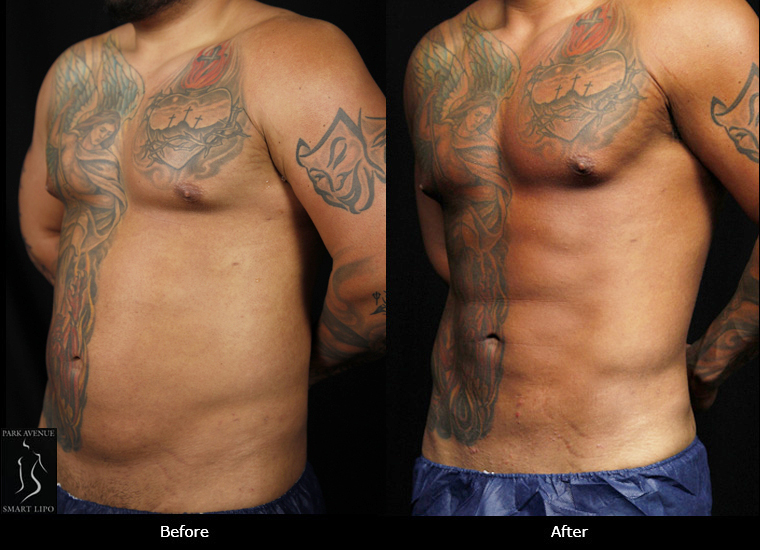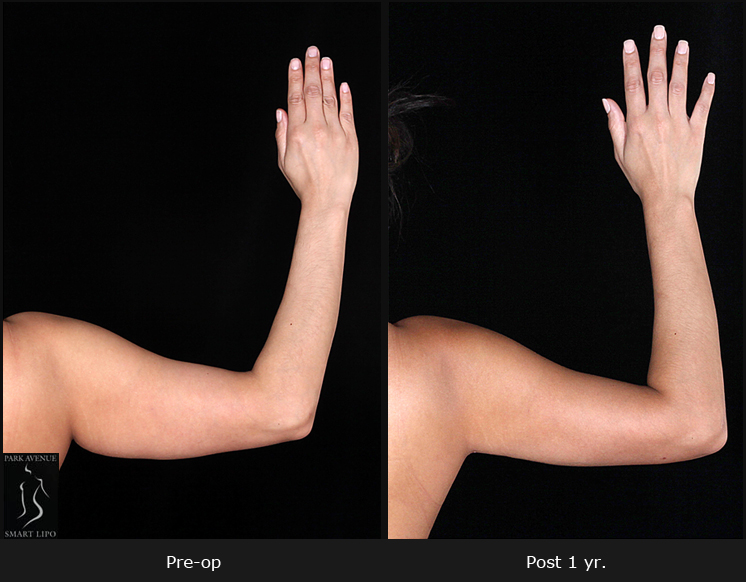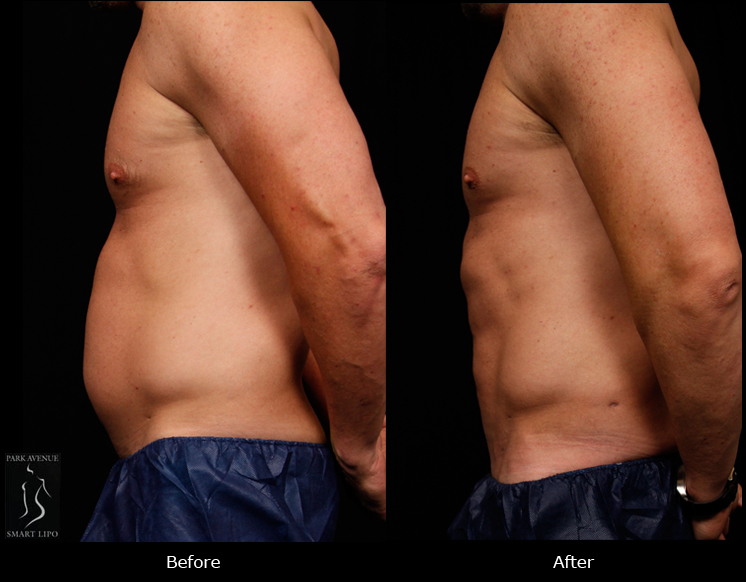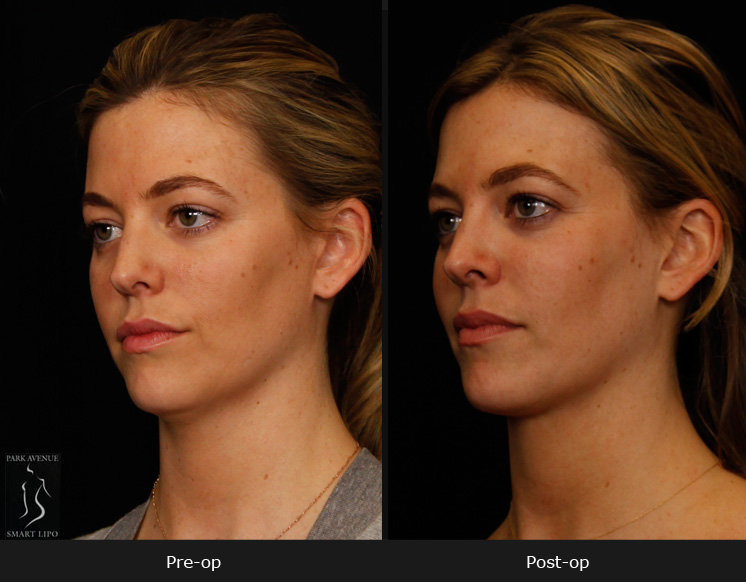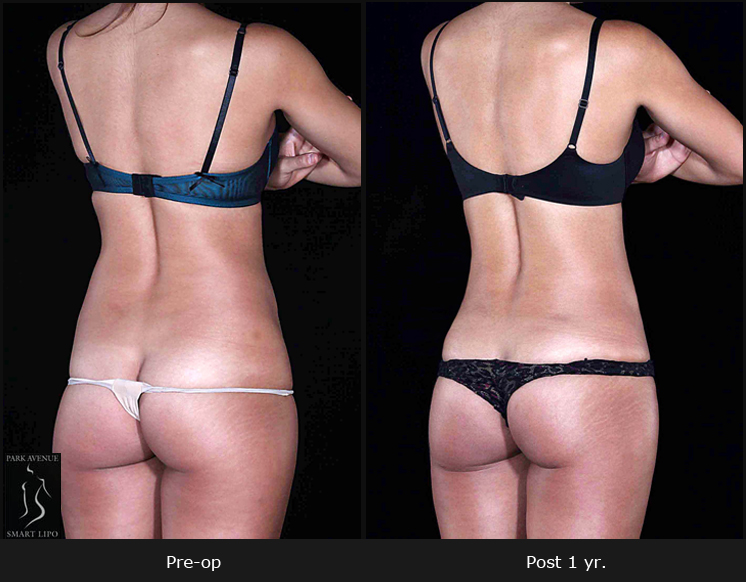An increasing number of men and women are opting to have liposuction to get rid of excess fat and tone their physique. Skilled plastic surgeons use innovative, minimally-invasive laser liposuction technology to remove stubborn fat from various areas and sculpt the body. Body contouring with Smartlipo laser liposuction is a great option achieve a toned, well-shaped body with little downtime and minimal side effects. However, maintaining liposuction results can be a challenge. For that, you need to exercise regularly and make wise diet choices. Importantly, you need to carefully follow your surgeon’s dietary instructions after your laser liposuction treatment. Nutrition after body contouring plays a key role in speeding up the healing process and enhancing your final outcome.
Liposuction is not a weight procedure or a tool to obesity, but there may be some change in your weight as this procedure removes fat cells permanently from a targeted area of the body. If you gain a small amount of weight after the procedure, the fat cells throughout the body will get a little bigger. While this slight weight gain can affect the actual results, the overall improved body shape achieved through the procedure will remain as the treated areas have only less fat cells. Even after recovery, proper exercise and diet are essential to maintain your results.
Post-laser Lipo Diet for Faster Healing
Following a proper post-surgical nutrition plan is essential for recovery. Here’s a look at guidelines for healthy eating after laser liposuction to support faster healing and long-term results:
- Try to avoid or limit the intake of fast food, fatty meats, fried foods, baked goods, and full-fat dairy products during this period. Importantly, avoid processed foods that contain unhealthy trans fats, especially soon after the procedure.
- Avoid a diet that is high in saturated fat, especially soon after the procedure. Large amounts of this type of fat is commonly found in fast food, fried foods, baked goods, fatty meats and full-fat dairy products.
- Foods to eat after liposuction include fruits, vegetables, whole grains and low-fat sources of protein such as lean meats, fish and legumes. Including these foods in your diet will promote healing and help you maintain your new look.
- Avoid processed foods which contain unhealthy trans fats.
- Avoid salty foods for at least 2 to 4 months post-lipo. High levels of sodium can increase inflammation and slow the healing process. So stick to a low sodium diet. Incorporate herbs and spices such as garlic cloves, cinnamon, dried basil, oregano and parsley in your food.
- Eating several smaller meals throughout the day will help maintain your energy levels and keep you from feeling deprived between meals.
- Limit or restrict consumption of sugary foods as it can lead to weight gain during the healing process. Most sugary foods are low in vitamins and nutrition and do not offer healing benefits.
- It is advisable to avoid dehydrated foods and dried fruit which may cause constipation and a heavy feeling.
- Refrain from consuming alcoholic beverages, including beer, wine and liquor, for 24 hours after your liposuction treatment. In fact, many experts advise avoiding alcohol for at least a week. Alcohol can interfere with the effects of some medications, cause health issues, and delay healing. Prescription medications can negatively interact with alcoholic beverages and it’s crucial that you follow your surgeon’s advice on when you can consume alcohol.
- Drinking lots of water and natural juices will help avoid dehydration, improve digestion, and control hunger. It will also help maintain a healthy metabolism.
These are just a few of the common diet recommendations after laser liposuction. Your plastic surgeon will give you proper guidance regarding the precautions to take after your surgery, the proper diet to follow and exercises to engage in. Make sure that you follow all the instructions carefully so as to enjoy the best results.
Many patients experience a change in appetite after a fat reduction procedure. This can be due to the depletion of the Leptin hormone found in the human body, which is closely connected to regulating energy intake and outflow, including metabolism, appetite and hunger. Leptin is mostly produced by the adipose tissue or fat and the level of circulating leptin is directly proportional to the total amount of fat in the body. The level of leptin decreases when fat is removed from the body and this makes you feel hungrier. The body takes some time to adjust these large changes in fat levels. To avoid weight gain, be proactive about your diet and follow your plastic surgeon’s instructions on the matter. While fat may not return to areas where it’s been removed through liposuction, it’s possible for fat to accumulate in other areas of the body, potentially impacting overall body shape and health.
Expert plastic surgeons who perform Smartlipo fat removal procedure educate patients about the treatment and provide answers to all their questions about the pre-surgical and recovery phase. Choosing a reliable plastic surgery facility with experienced surgeons is crucial for safe treatment, smooth recovery, and optimal outcomes.
Get the most out of Smartlipo laser liposuction!
Schedule your consultation with our expert plastic surgeon today!

